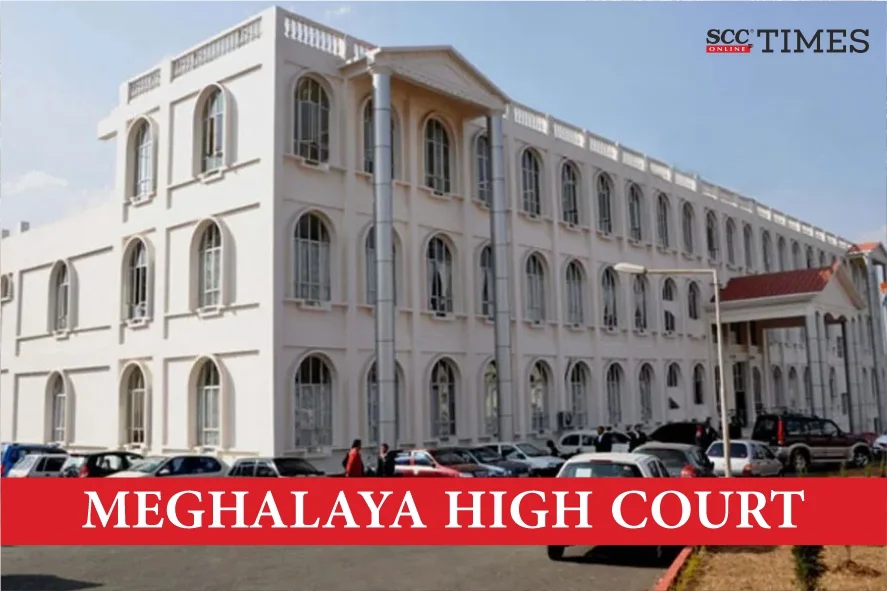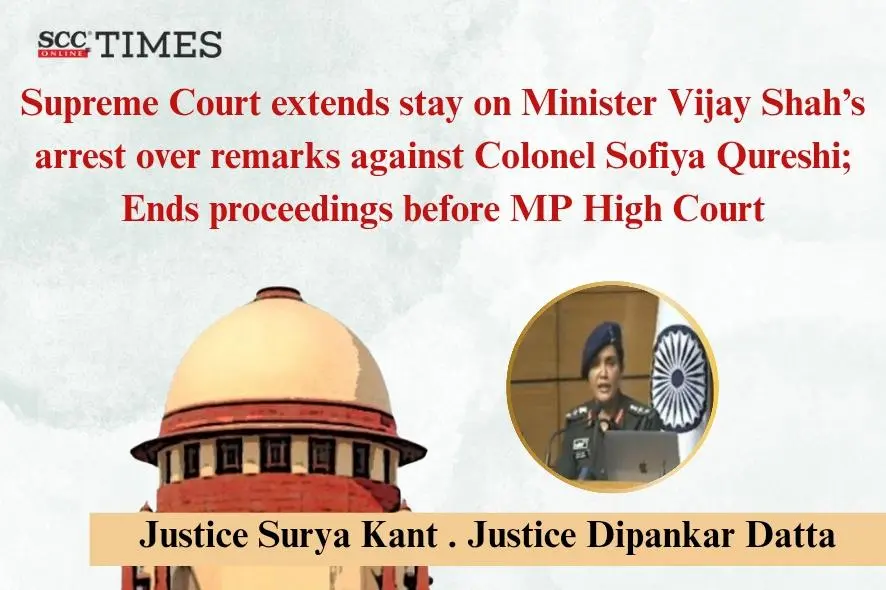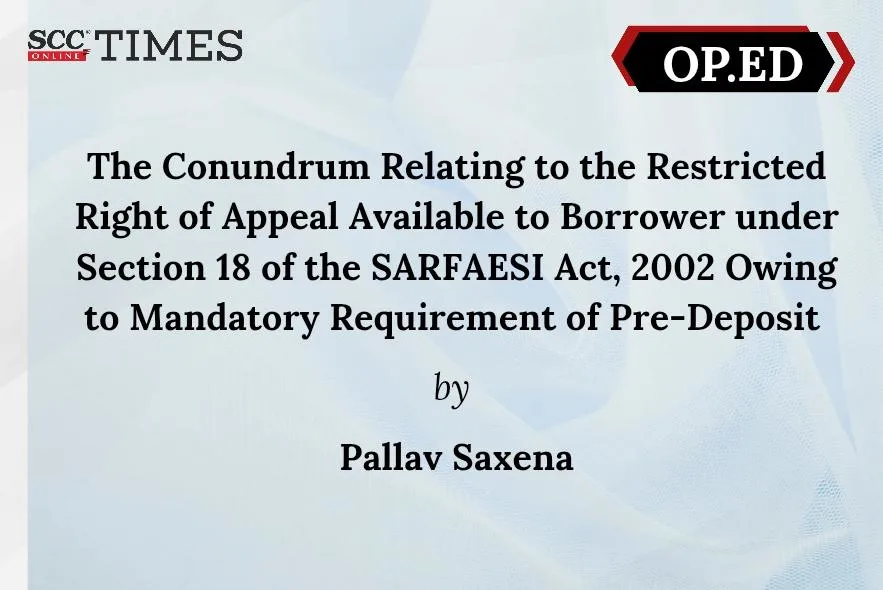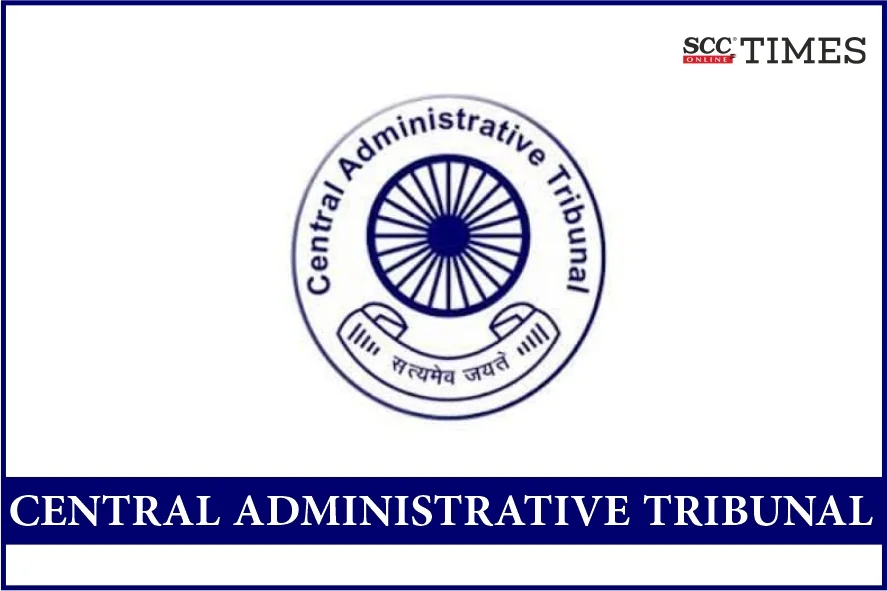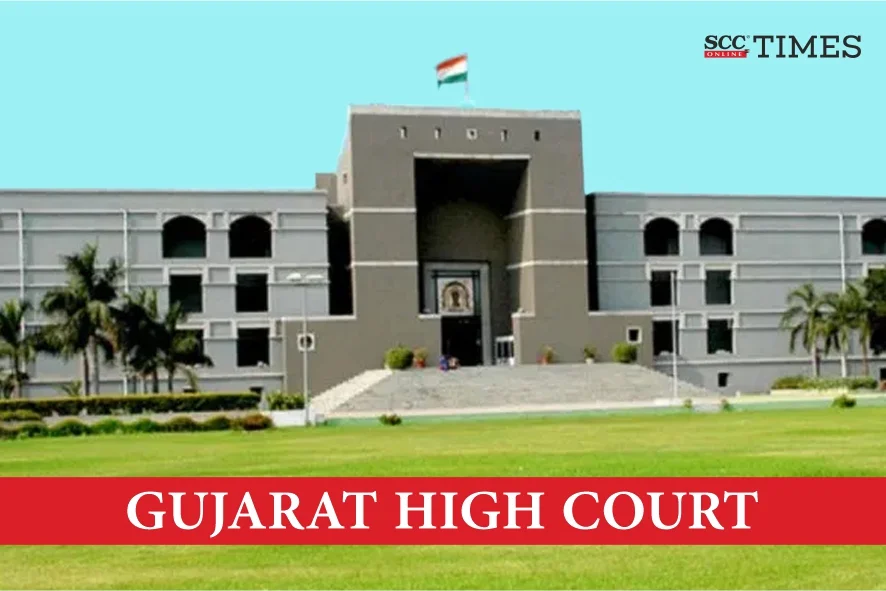Supreme Court: The Ashok Bhushan, R. Subhash Reddy and MR Shah, JJ has quashed the NLAT entrance exam conducted by NLSIU, Bengaluru on September 12, 2020 and has directed the admission of students in all National Law Universities through CLAT -2020.
BACKGROUND
In the notification dated 03.09.2020, NLSIU had stated that the decision was taken due to the unforeseen difficulties and delays in the conduct of CLAT 2020. As NLSIU follows a trimester system it was uniquely disadvantaged as every academic year is made up of three terms of 90 days duration. Moreover, each term must accommodate 60 hours of classroom instruction in each course and adequately provide for examination and evaluation processes. If it were unable to complete admissions by the end of September 2020 it would inevitably result in a ‘Zero Year’ with no admission. Read more
The bench had, on 11.09.2020, refused to stay the conduct of NLAT by NLSIU Bengaluru which is scheduled to be held a day later but had directed that “neither the result shall be declared nor any admission be made consequent thereto.” Read more
Allegedly, in examination held on 12.09.2020 and 14.09.2020 any malpractices were adopted. On the allegation that the paper was leaked on 14.09.2020, NLSIU had issued a statement claiming that allegation is of downloading of the papers in the last 15 minutes of the examination on 14.09.2020, which has not in any way affected integrity of examination.
WHETHER IT WAS NECESSARY TO OBTAIN ACADEMIC COUNCIL’s RECOMMENDATION BEFORE ISSUING NOTIFICATION DATED 03.09.2020?
There can be no dispute that Executive Council is the Chief Executive Body of NLSIU and the administration, management and control of NLSIU is vested in the Executive Council and in the administration, right to admit the students is included but when the Act, 1986 empower the Academic Council to take decision regarding admission of the students in LL.B. Course and with regard to mode and manner of conducting the admission test, it was obligatory for the Vice-Chancellor to have obtained the recommendations of the Academic Council.
When the Academic Council has been given power of control, general regulations and is responsible for maintenance of standards of instruction, education and examination of the school, its one of the functions, undoubtedly is to regulate the admission of students.
“The Vice-Chancellor himself is the Chairman of the Academic Council and there was no difficulty and with regard to meetings of the Academic Council Clause 15 sub-clause (6) provides that if urgent action by the Academic Council becomes necessary, the Chairman of the Academic Council is empowered to permit the business to be transacted by circulation of papers to the members of the Academic Council.”
The Court, hence, held that the recommendation of Academic Council was necessary to be obtained for holding a separate entry test namely NLAT especially when NLSIU was proposing to hold the above test instead of admitting the students by CLAT from which common law admission test, admission in LL.B. course was being done for last more than a decade. When NLSIU wanted to conduct NLAT as online home proctored test of 45 minutes containing 40 questions which mode and manner was different from earlier prescriptions, the recommendations of Academic Council were must.
Hence, the admission notification dated 03.09.2020 having been issued without recommendation of Academic Council is not in accordance with the provisions of Act, 1986 and is unsustainable.
WHETHER NLSIU BEING FOUNDER MEMBER OF CONSORTIUM OF NATIONAL LAW UNIVERSITIES, IS BOUND BY ITS BYE-LAWS AND WAS OBLIGED TO ADMIT THE STUDENTS FOR INTEGRATED B.A.LL.B. (HONS.) PROGRAMME THROUGH CLAT 2020?
National Law School of India University, Bangaluru from the beginning shouldered the leading role in conduct of CLAT. Different National Law Universities have been established by different statues and have statutory functions and obligations to achieve a common purpose and to give a boost to legal education in the country. They have themselves imposed obligations on them to be a part of the Consortium for a common cause. CLAT being an All India Examination for different National Law Universities has achieved its own importance and prominence in legal education. The steps taken by National Law Universities to form a Consortium and to cooperate with each other in conduct of CLAT is towards discharge of their public duty entrusted under the different statutes. The duty to uphold its integrity lies on the shoulder of each and every member.
Thousands of the students who aspire to have a career in law look forward to the CLAT as a prestigious test and CLAT has proved its usefulness and utility in this country. Students look forward to the Consortium for providing correct and fair assessment of the merits of the students. The bye-laws under which members are required to admit the students in their law universities on the basis of the CLAT for UG and PG law courses are binding on the members.
Even though obligations on members of Consortium under the Bye-Laws are not statutory obligations but those obligations are binding on the members. All members occupying significant and important status have to conduct in fair and reasonable manner to fulfill the aspirations of thousands of students who look on these National Law Universities as institutions of higher learning, personality and career builders.
“… the statutes under which National Law Universities have been established cast public duties on these NLUs to function in a fair, reasonable and transparent manner. These institutions of higher learning are looked by society and students with respect and great Trust. All NLUs have to conduct themselves in a manner which fulfills the cause of education and maintain the trust reposed on them.”
WHETHER “DOCTRINE OF NECESSITY” WAS APPLICABLE IN THE FACT SITUATION OF THE ONGOING PANDEMIC?
NLSIU follows a unique system of Trimester, each semester has 70 teaching days per three months term. The first Trimester as per resolution of academic council was to begin on 01.07.2020 and was to end till 30th September,2020. This period of three months is not available for NLSIU to start the first semester.
The Court, however, noticed that
“The entire country is struggling with Pandemic Covid-19 from March 2020. Loss in the academic year is for all Universities in the Country. The Academic Calendar of each University stood disrupted by Covid-19. None of the Universities have declared the year as a ‘zero year’.”
Not convinced with the submission that “Doctrine of Necessity” was applicable in the fact situation of the ongoing pandemic, the bench noticed that as provided by UGC guidelines dated 06.07.2020, the UGC expected the Universities to carry on some amendments in their academic calendar for the session 2020-21.
“The Universities are not powerless to modify their Academic Calendar looking to the pandemic. The Academic year 2020-21 is not a normal academic year in which Universities are expected to carry on their teaching and other activities in normal mode and manner.”
Hence, NLSIU could have very well found out ways and means to start the academic Under-Graduate Law course even if it starts in mid of October 2020 after conduct of the CLAT on 28.09.2020.
WHETHER ONLINE HOME PROCTORED EXAMINATION LACKS TRANSPARENCY AND IS VIOLATIVE OF THE RIGHTS OF THE STUDENTS UNDER ARTICLE 14 OF THE CONSTITUTION?
The Court took note of the fact that about 69,000 students have registered for CLAT-2020. 60 percent of 69,000 comes to 41,400. The registration into NLAT being only 24,603 out of which only 23,225 could appear makes it clear that a large number of students who could have wanted to apply for admission in NLSIU could not even apply due to shortage of time and technical requirement insisted by respondent No.1 University.
“The above figures fully support the submissions of the petitioner that a large section of the students especially belonging to marginalised sections of the society were denied the opportunity to appear in the examination.”
The Court, hence, held that the home based online examination as proposed by NLSIU for NLAT 2020-21 could not be held to be a test which was able to maintain transparency and integrity of the examination. The short notice and technological requirements insisted by the University deprived a large number of students to participate in the test violating their rights under Article 14 of the Constitution of India.
WHETHER NLAT HELD ON 12.09.2020 WITH RE-TEST ON 14.09.2020 WAS MARRED BY MALPRACTICES AND DESERVES TO BE SET ASIDE?
Refusing to go into this question, the Court said that it is not necessary for this court to enter into various materials referred to by the petitioners and the reports and to decide as to whether malpractices were actually adopted in the examination or not. NLSIU being premier University, we have no doubt that it must have taken all necessary precautions to avoid any malpractices and cheating in the examination.
The Court also noticed that the University has also filed a complaint of Cyber Crime which may be inquired in accordance with law. It, hence, said
“We need not express any opinion in this proceeding under Article 32 with regard to the aspect of malpractices in the test conducted on 12.09.2020 and 14.09.2020 which is essentially a matter of scrutiny of facts and evidence.”
DIRECTIONS
- The notice for admission to the five year integrated B.A.LL.B(Hons.) programme 2020-21 dated 03.09.2020 Annexure -P 14 as well as Press Release 106 on NLSIU admission 2020-21 dated 04.09.2020 Annexure-P 15 are quashed.
- CLAT-2020 examination to be conducted on 28.09.2020 taking all precautions and care for health of the students after following the Standard Operating Procedures (SOPs) of the Ministry of Health and Family Welfare (MoHFW) and Ministry of Human Resource Development(MHRD).
- Entire process of declaration of the result to be completed as early as possible to enable the NLSIU and other National Law Universities to start their course by the mid of October-2020.
- NLSIU shall also complete the admission of B.A.LL.B(Hons.) programme 2020-21 on the basis of the result of CLAT-2020.
[Rakesh Kumar Agarwalla v. National Law School of India University, Bengaluru, 2020 SCC OnLine SC 761, decided on 21.09.2020]



